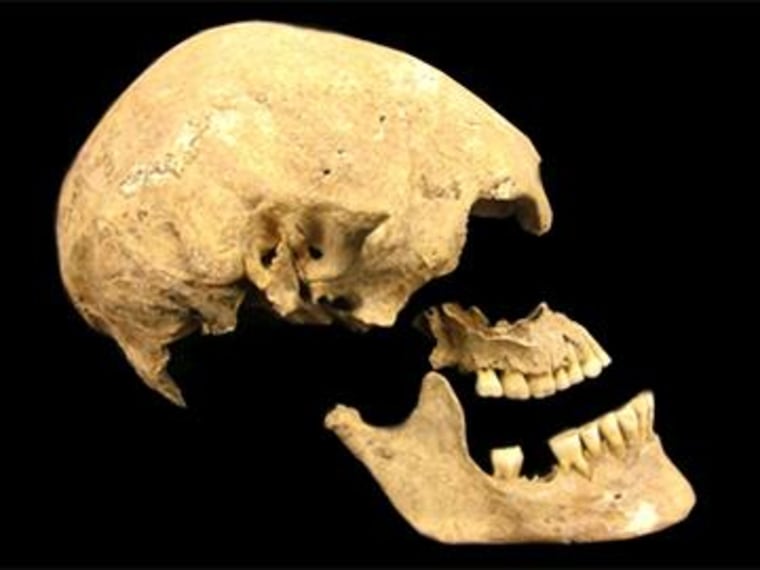The genetic origins of modern Europeans may be more complicated that previously thought: Ancient people from Siberia who were related to the first humans to enter the Americas during the Ice Age also mingled with prehistoric populations in Europe and left their mark on the DNA of today's Europeans, scientists report in this week's issue of the journal Nature.
Experts had thought today's Europeans descended from two other groups of people: hunter-gatherers who lived on the continent since it was first colonized by our species more than 40,000 years ago; and farmers who migrated into Europe about 7,000 years ago from a region spanning parts of Syria, Turkey and Iraq. The new study revealed the genetic influence of hunter-gatherers from Siberia. The scientists identified the genetic contribution of those ancient north Eurasians by sequencing the genomes of individuals who lived 7,000 to 8,000 years ago and comparing them with the genomes of 2,345 people living today. "Our study does indeed show that European origins were more complex than previously imagined," said Iosif Lazaridis, a researcher at Harvard Medical School.
IN-DEPTH
- Black Death Probably Altered European Genes
- All Europeans Are Related If You Go Back 1,000 Years
- Genes Paint 7,000-Year-Old European's Picture
